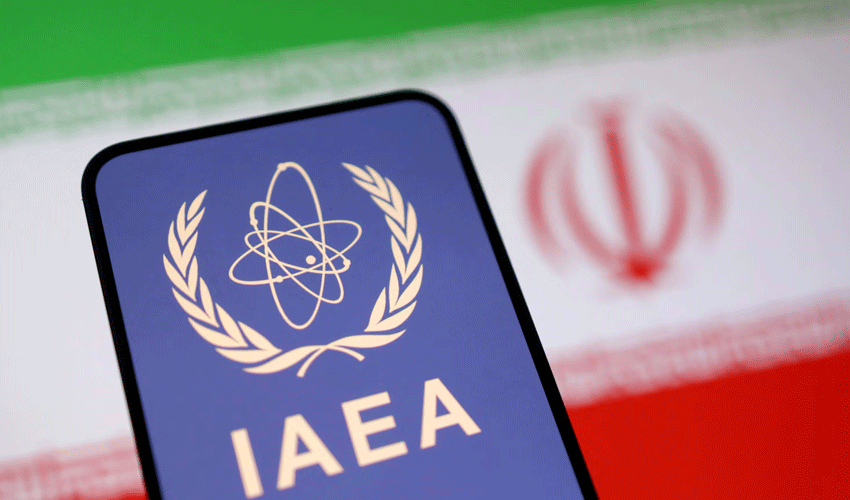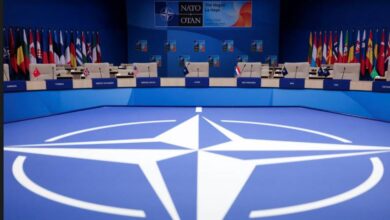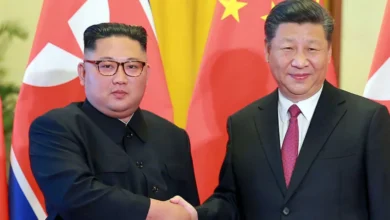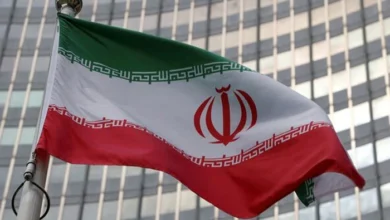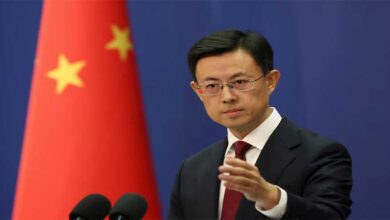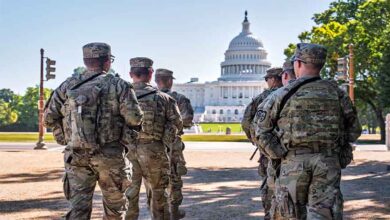Iran has signaled a “new form” of engagement with the International Atomic Energy Agency (IAEA) as UN inspectors returned to the Bushehr nuclear site.
Officials say full cooperation has not resumed following June’s Israeli and US strikes.
IAEA inspectors began work at Bushehr in southwestern Iran, the first team to enter the country since Tehran suspended cooperation last month. IAEA chief Rafael Grossi confirmed the inspectors are overseeing fuel replacement at the plant, though access to other key sites like Fordo and Natanz remains unresolved.
Iranian Foreign Minister Abbas Araghchi said no final agreement has been reached on a new cooperation framework, noting that discussions are ongoing.
Background: strikes and suspension
Iran suspended cooperation after deadly strikes in June on its nuclear and military sites, carried out by Israel and later joined by the US. The attacks killed hundreds and prompted missile and drone retaliations from Tehran, targeting Israel.
Since the ceasefire on June 24, Iran has allowed limited access to inspectors but maintains that future cooperation will take “a new form.” Access to additional sites remains subject to approval by Iran’s Supreme National Security Council.
Diplomatic stakes and european talks
Iranian diplomats met with Britain, France, and Germany in Geneva to discuss cooperation with the IAEA and the potential reimposition of UN sanctions. The so-called “snapback mechanism” of the 2015 nuclear deal could be triggered before its deadline on October 18, but Tehran disputes the Europeans’ authority to extend it.
Russia has circulated a UN Security Council draft resolution to delay the snapback deadline by six months, calling it “breathing space for diplomacy.” Iranian officials warned that triggering snapback sanctions could halt current interactions with the IAEA.
The limited return of inspectors marks a cautious step toward engagement, but full access to nuclear sites remains uncertain. Analysts say Iran’s “new form” of cooperation and ongoing negotiations will test international diplomatic efforts and could determine the future of sanctions relief.

